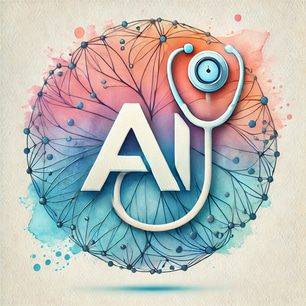A Guide to Generative AI Platforms for Healthcare Professionals
Explore how generative AI is revolutionizing healthcare! This post highlights top AI platforms and their features. From simplifying documentation to personalizing patient education, find the right tools for your practice. Stay ahead with practical insights and tips!
Jawahar Jagarapu
1/11/20251 min read


As healthcare professionals increasingly adopt AI tools, understanding the major generative AI platforms and their appropriate use cases becomes crucial. Here's a brief overview of various platforms:
Key Platforms
ChatGPT (OpenAI)
Best for: Clinical research summarization , patient education material drafting
Key feature: Strong natural language understanding and medical context awareness
Microsoft Copilot
Best for: Integration with Microsoft Office suite and widely available at enterprise level
Key feature: Seamless integration with workflows in Microsoft 365
Perplexity AI
Best for: Real-time medical research and fact-checking
Key feature: Direct citation of medical sources and research papers
Google Gemini
Best for: Up-to-date medical research queries, real-time information
Key feature: Integration with current medical literature and research
Claude (Anthropic)
Best for: Complex medical documentation and analysis
URL: https://claude.ai
Key feature: Enhanced reasoning capabilities and longer context windows
Best Practices for Healthcare Use
Always verify AI-generated information against authoritative medical sources
Never input protected health information (PHI) into these platforms
Use platforms' latest versions for most accurate medical information
Document any AI assistance in professional records
Security Considerations
When using these platforms, ensure you're:
Using enterprise versions when available for enhanced security
Following institutional guidelines for AI tool usage
Maintaining patient confidentiality by anonymizing any case discussions
Remember: These tools should complement, not replace, clinical judgment and expertise.
